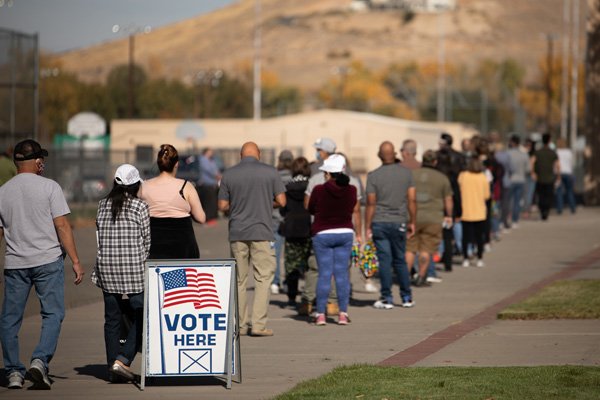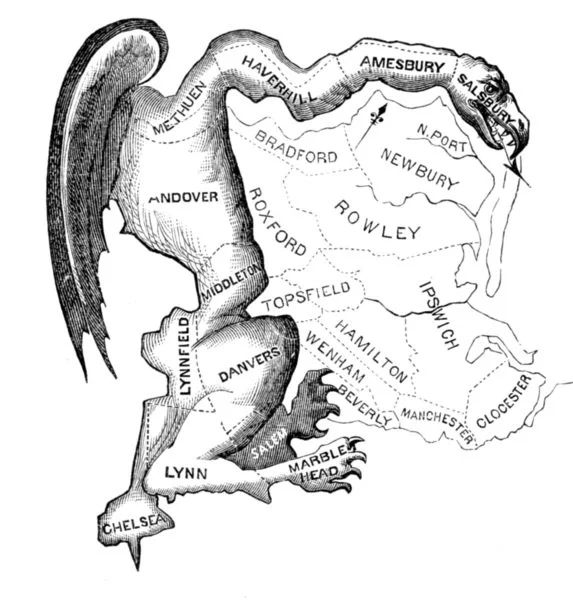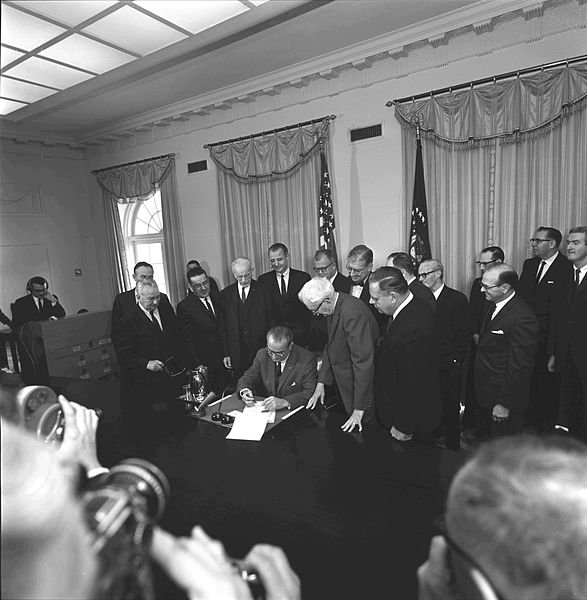Ballot Blues
For Americans, voting has never been easy — or fair.
Read
The civil rights movement was a huge leap forward for voting rights, yet one group of the electorate remains largely on the sidelines: the poor. Legal scholar Bertrall Ross calls low turnout among the bottom 20 percent of American earners an insidious form of voter suppression, all but guaranteeing their interests won’t be served. And he offers some ideas on how to get political campaigns to court new voters. We also speak to Nevada’s new secretary of state, who defeated an election denier.
Modern campaign strategies create “passive voter suppression,” Ross argues. Data-driven canvassing, for instance, tends to skew campaign outreach toward the wealthy. Political ads narrow their messaging for low-income voters, or ignore them outright. But if campaigns can be incentivized to reach a wider swath of America, Ross says, the cascading cross-generational effects may finally help the country realize its democratic vision despite its elitist beginnings.
Cisco Aguilar, the Nevada secretary of state, has a parallel mission: enhancing faith in the election systems of his state, and making them more accessible to historically disenfranchised and apathetic voters. He is asking the state legislature for millions more in funding to help him do that.
Meet
Bertrall Ross is the Justice Thurgood Marshall Distinguished Professor of Law at the University of Virginia. He also directs the Karsh Center for Law and Democracy. Ross’s research focuses on democratic power and accountability. His work has appeared in the law reviews of the University of Chicago, New York University and Columbia University, among others. He has clerked for Judge Dorothy Nelson, of the U.S. Court of Appeals for the Ninth Circuit, as well as Judge Myron Thompson, of the U.S. District Court for the Middle District of Alabama. Follow the Karsh Center, our sister organization, on Twitter @KarshUVALaw.
Nevada Secretary of State Francisco V. Aguilar took office on Jan. 2, 2023, after defeating Republican Jim Marchant in the November election. Earlier, Aguilar served as special counsel to the chancellor of the state’s university system, and he represented tennis legends Andre Agassi and Steffi Graf for 14 years. Follow him on Twitter at @CiscoAguilar — or his office @NVSOS.
Ross traces persistent inequality in voter access to the segregation-era tactics that Southern leaders used to suppress voter turnout among black people.
The idea of shared power is central to Ross’s arguments about voting — and his teaching.
Data-driven canvassing, Ross argues, has exacerbated the wealth gap at the polls, giving affluent Americans a political advantage and increasing the risk of political violence.
Ross faults campaigns themselves more than state laws for suppressing would-be voters — by mobilizing mainly elites and the party faithful. Among the solutions he proposes: providing campaigns with individual voting histories rather than party affiliations, and encouraging them to mobilize poor voters.
Because the Republican Party has been pushing white identity politics, partisan gerrymandering has become tantamount to racial gerrymandering, Ross argues. Making this case could offer a path for courts to intervene when GOP-controlled legislatures draw unfair district maps, he says.
Aguilar discusses with MSNBC his successful victory over a Trump-backed election denier last November.
After winning by 2 percentage points, Aguilar said his pledge of transparency and his platform for enhancing Nevada’s election systems put him over the top in that election. Since taking office, he has prioritized educating state officials on election rules and the creation of a $30 million centralized database for registering voters.
Republican Kristopher Dahir, a member of the Sparks city council, came out in support of Aguilar during the campaign.
The Catholic prep school Aguilar helped found is called Cristo Rey St. Viator, in North Las Vegas. Its mandatory work-study program keeps tuition relatively low.
Learn
In 2019, the Supreme Court’s conservative majority ruled that partisan gerrymandering of state congressional districts lay outside the scope of its jurisdiction, in the case Rucho v. Common Cause. The decision allowed a GOP-drawn map in North Carolina to stand.
Social media platforms bear some responsibility for narrowing the demographic range of political outreach. After backlash over its atomization of the electorate, Facebook eliminated “sensitive” categories like race, sexual orientation and party affiliation in its advertising options.
Still, data mining strategies make it possible to target voters at the household level, writes NYT tech reporter Natasha Singer. Did you shop for guns online last year? Your local congressman’s campaign manager may know. One ad agency helped a Michigan state senator focus his videos on the 10,000 most crucial voters.
The Brookings Institution has called such trends — common among both Democrats and Republicans — alarming. In a 2021 report, it drew special attention to “geopropaganda,” or the use of location data to tailor political messaging.
Race, class and voting are intricately intertwined. Economic justice is a major force behind voting choices, according to the American Bar Association’s Human Rights Magazine. The authors show that where wealth disparities among white and black voters have increased, so has the voting gap.
For more on the long history of voter suppression, listen to an early episode of D in D with Emory University scholar Carol Anderson.
Heard on the show
At the top of this episode we used a little number called “The Robot Is Dreaming,” from Revolution Void. It’s the opening track on the record Thread Soul, released in 2010.








